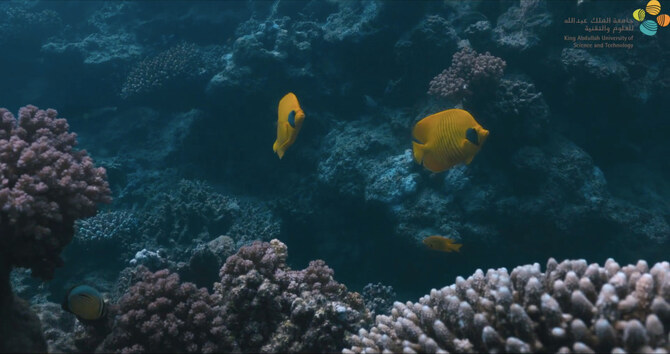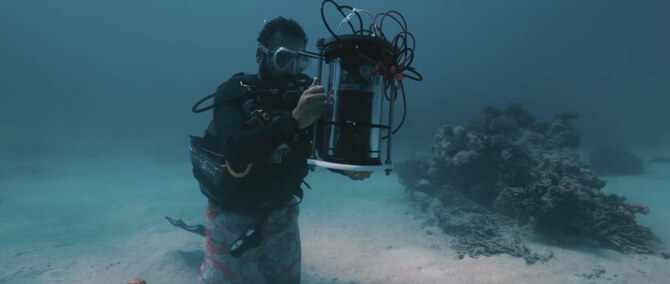JEDDAH: Facing the global challenge of coral bleaching due to rising ocean temperatures, scientists at Saudi Arabia’s King Abdullah University of Science and Technology have pioneered an innovative AI-driven solution to monitor and protect these fragile ecosystems.
The groundbreaking technology, Coral-AI, combines real-time environmental monitoring with automated delivery of beneficial microorganisms, offering a proactive approach to preserving coral health not just in the Red Sea, but potentially across the world’s oceans.
The Red Sea, the world’s northernmost tropical sea, is a semi-enclosed body of water connected to the Mediterranean Sea and the Arabian Sea through the narrow Suez Canal and Bab Al-Mandab Strait.
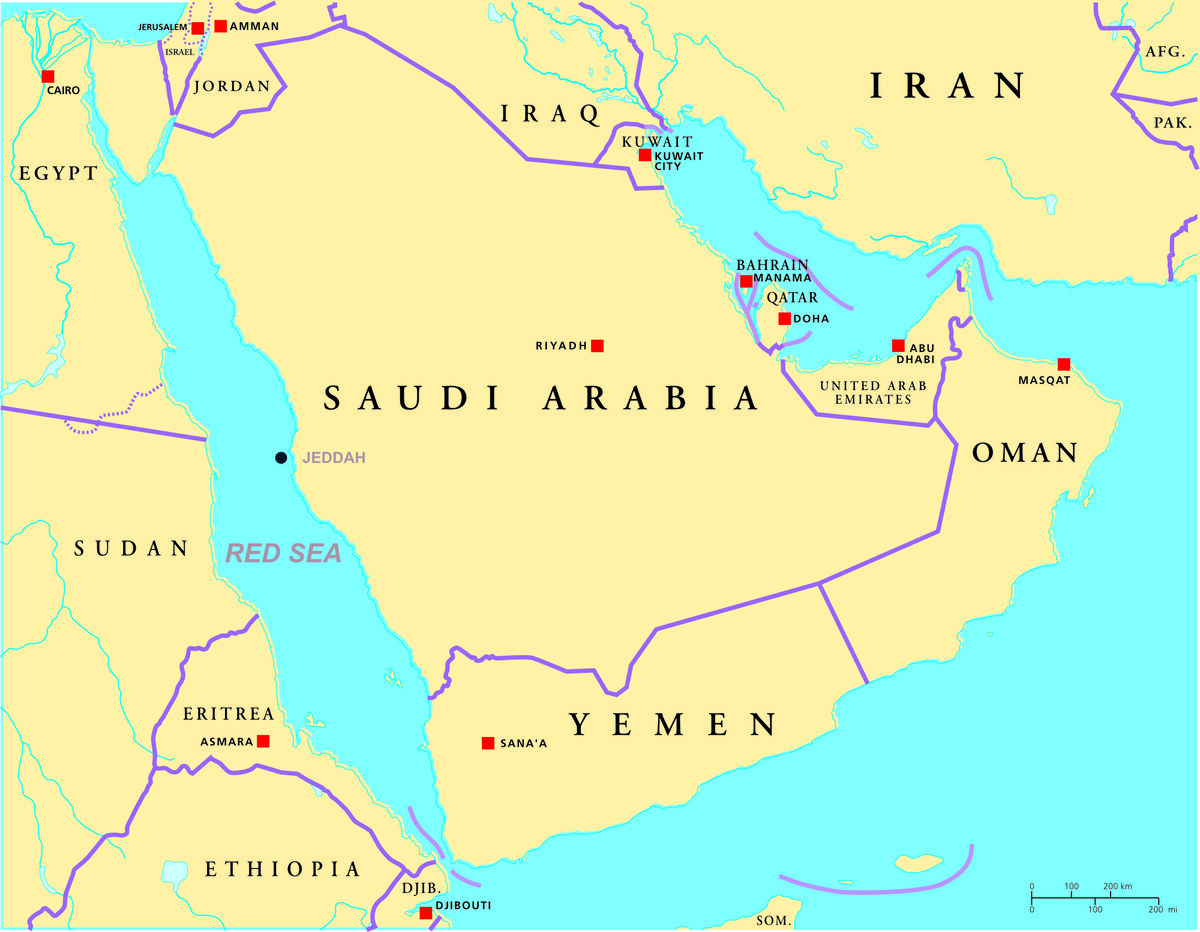
Shutterstock map showing the Red Sea.
While widely celebrated for its stunning coral reefs and tourism appeal, the Red Sea is also gaining recognition as a vital area for the study of coral ecosystems.
Home to more than 265 species of coral, the Red Sea and the Gulf of Aqaba provide food and shelter to hundreds of vertebrate and invertebrate species, including many endemic and endangered species.
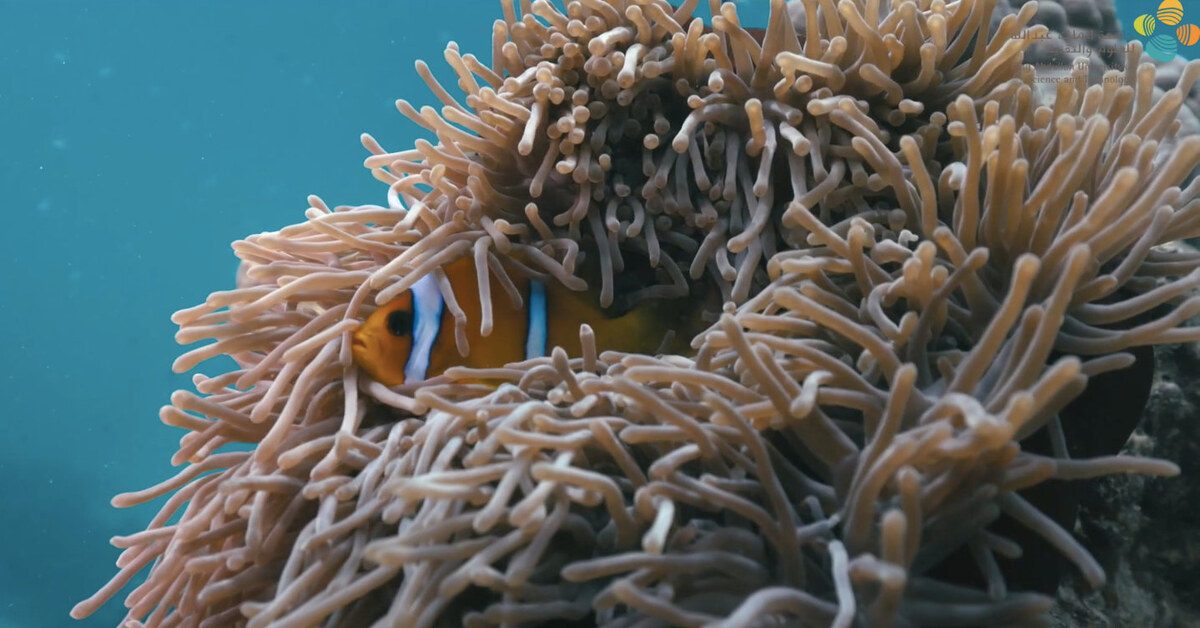
The coral reefs of the Red Sea are unique, serving as an open-air laboratory for studying coral resilience in the face of climate change. (KAUST photo)
This distinctive biodiversity underscores the growing need for conservation efforts in the region.
The coral reefs of the Red Sea are unique, serving as an open-air laboratory for studying coral resilience in the face of climate change. Due to rising ocean temperatures, coral reefs around the world have experienced significant bleaching in recent years.
That is why scientists at KAUST have developed Coral-AI, which combines automated beneficial microorganisms for corals (BMCs) delivery with on-site coral bleach detection.

This innovative system marks a significant advancement in coral reef health management, offering a comprehensive solution through the integration of image processing, AI, and advanced sensor technologies.
Coral-AI’s system introduces a novel approach by autonomously delivering BMCs to coral reefs, streamlining the process and reducing manual labor and costs. The device delivers probiotics to coral reefs and can identify when a coral is dying and deploy medicine.
Coral-AI is “equipped with sensors that monitor environmental conditions directly at the coral site, allowing for real-time adjustments in BMC dispensation,” Khaled Nabil Salama, project supervisor and professor of electrical and computer engineering at KAUST, told Arab News.

KAUST scientists testing the Coral-AI in the Red Sea. (KAUST photo)
“This dual capability of monitoring and proactive intervention makes the system particularly innovative, as it not only assesses but also responds to signs of coral stress, such as elevated temperatures that can lead to bleaching.”
Using an ESP32 microcontroller for optimal performance in the underwater environment, Coral-AI employs algorithms to precisely control the BMC dispensation based on sensor inputs.
DID YOUKNOW?
• The Red Sea is home to more than 265 species of coral and serves as a natural laboratory for the study of climate resilience.
• KAUST developed Coral-AI to automate the delivery of beneficial microorganisms to coral reefs and detect bleaching in real-time.
• Initially tested in Saudi Arabia’s Red Sea, Coral-AI’s success indicates its potential for adoption in other regions.
• While Coral-AI automates many processes, human expertise remains essential for setting up, calibrating and analyzing data.
“Algorithms play a key role in the system’s functionality by precisely controlling the pumps based on sensor inputs,” Salama said.
“These algorithms allow for the adjustment of BMC dispensation in response to detected environmental changes, ensuring that the corals receive optimal treatment based on current conditions.”
Integrated sensors continuously monitor critical factors such as temperature that impact coral health. By detecting variations, the system can adapt the BMC dispensation to address specific requirements, whether for preventive care or active treatment of bleaching events.
“This proactive approach to environmental monitoring enhances the system’s ability to safeguard coral reefs,” Salama said.
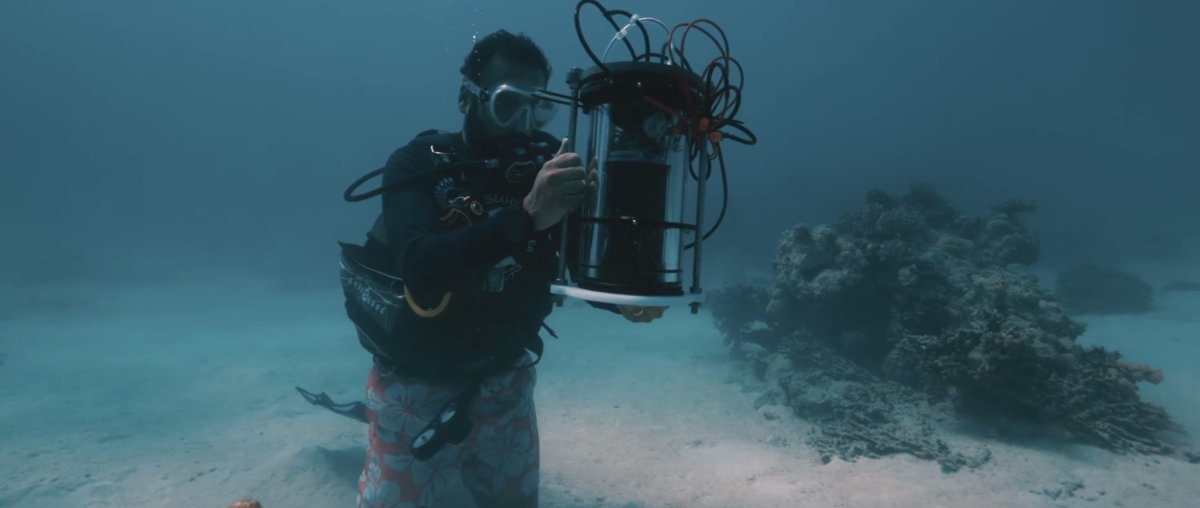
KAUST scientist testing the Coral-AI in the Red Sea. (KAUST photo)
Coral-AI’s system analyzes sensor data to evaluate coral health status and BMC treatment efficacy. By comparing real-time data against established thresholds indicative of coral stress, the system can optimize BMC dispensation to mitigate adverse conditions efficiently.
This data-driven approach provides valuable insights for informed decision-making in coral health management.
The system addresses challenges such as biofouling and variable underwater conditions by incorporating features such as extra pumps and hydraulic dampers to ensure consistent BMC delivery.
Rigorous calibration and testing under controlled conditions enhance the system’s accuracy and reliability, critical for maintaining coral health effectively.
Opinion
This section contains relevant reference points, placed in (Opinion field)
Humans are not entirely redundant in the process, however.
“While the system automates many processes, human experts are essential for setting up the system, calibrating sensors, analyzing long-term data trends, and making strategic decisions about coral health management,” Salama said.
“Their expertise ensures that the automated system functions as intended and that the interventions are scientifically sound.”
Although Coral-AI has so far only been tested in Saudi Arabia’s Red Sea, its success paves the way for potential adoption in other regions facing similar threats to coral reefs.
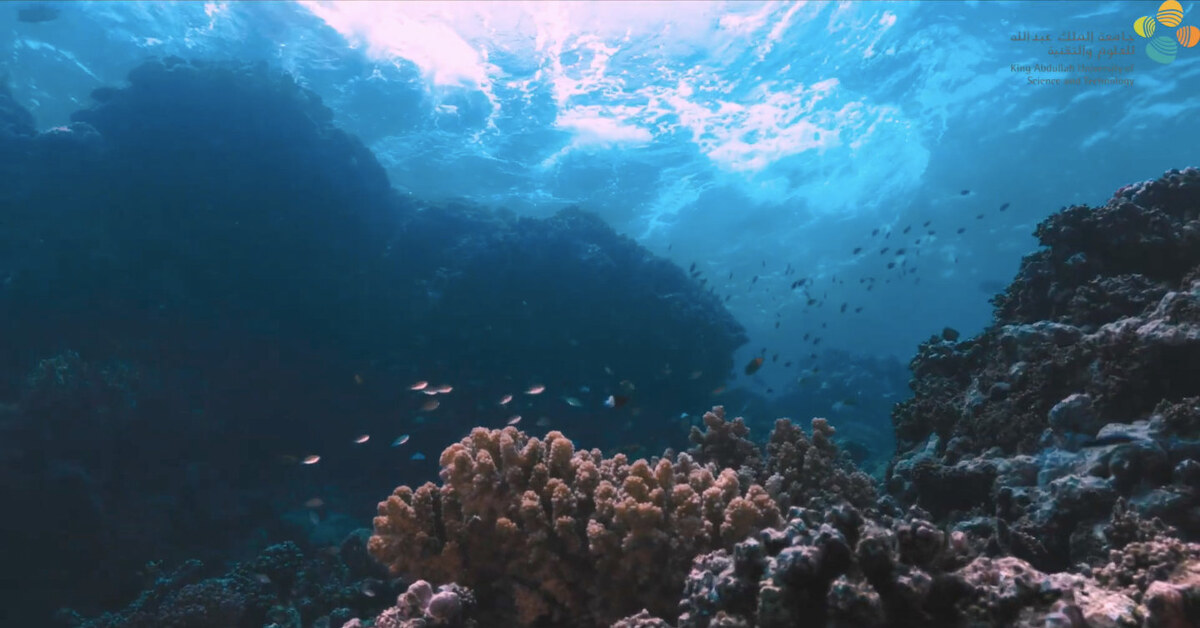
AI plays a bihg role in protecting the coral reefs of the Red Sea by making monitoring work easier. (KAUST photo)
“The system’s scalability and effectiveness make it a valuable tool for global conservation initiatives, potentially revolutionizing coral reef management practices worldwide,” Salama said.
Protecting the coral reefs of the Red Sea is crucial for advancing scientific understanding of coral resistance to climate change, which will be invaluable in developing conservation strategies.
This effort could also support the preservation and restoration of these remarkable ecosystems and their associated marine life in the region.




